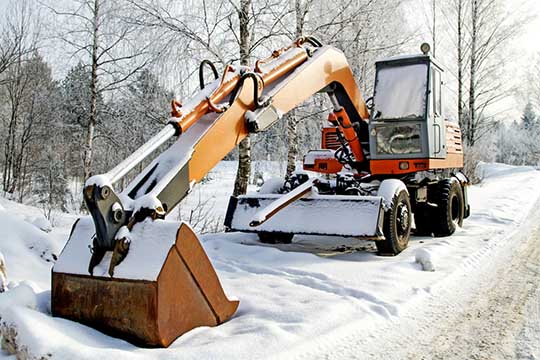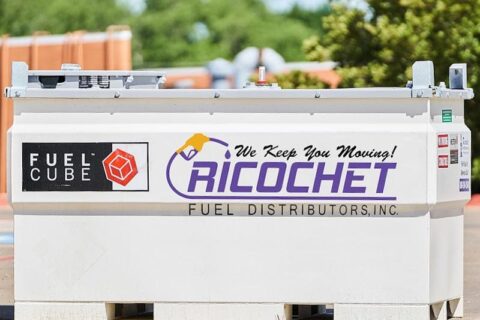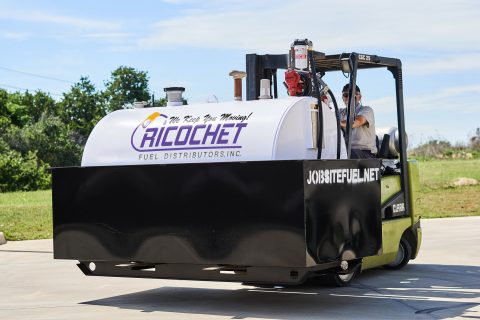How to Know if There’s Water in Your Diesel Fuel

Anyone working with diesel fuel, from contractors and landscapers to delivery businesses and auto dealerships, understands that dealing with water problems is an ongoing issue. That’s the case whether you store it for long periods or not. When water gets into diesel fuel systems, you’re in for trouble. Water contamination wreaks havoc on this type of engine. Let’s look at the main ways H2O and diesel fuel don’t mix.
Problems in Winter Occur When Water Gets into Fuel
Water freezes, we all know that. But, did you know it freezes faster than fuel? Here’s a comparison:
- Water 32 degrees Fahrenheit
- Fuel -20 degrees Fahrenheit

So, when water gets into your fuel, it freezes and causes problems like power loss, plugged filters, fuel part corrosion, and injector wear. That’s why you notice more problems in the winter if there’s water.
Water in Gas is Bad – But in Diesel, It’s Worse
Gas is more refined than diesel, so although it’s definitely not good to have water in your gas tank – it’s worse with diesel because it holds onto more water. In addition to the problems mentioned above, your engine can have a shorter life, and your repairs can be quite expensive. For example, if you need to replace the fuel injector because it exploded, it’s going to be costly.
Where Does The Water Go?
Just like oil and water, diesel and water don’t mix – they separate. So, if there’s water in your tank, it settles to the bottom. That water will cause your tank to rust and algae to grow. The rust floats around, clogging and damaging your fuel filters. Bacteria produce waste and continue to destroy the engine and parts.
A Little Water Is Normal
Because of changes in temperatures outside, it’s not unusual for condensation to build and then dissolve. That’s not the problem. It’s when there’s too much concentration of water. When that’s the case, issues like engine power loss result. Take a look at the fuel – if it’s clear, that’s good. If it’s not, for example, if it’s cloudy, there’s a problem. That’s why maintenance is important.
How to Recognize if You Have Water in Your Diesel Fuel
If you notice the performance of your vehicle or equipment isn’t good, especially if the idling is erratic, there’s a good chance you have water problems. Two other ways to tell is if the engine cuts out during acceleration.
Microbes Multiply
Once microbes are in your tank, they multiply quickly, produce waste, and they’re hard to eliminate. That’s especially true if you don’t handle the underlying water problem because bacteria and fungus need water to live.
How to Get Rid of Water in Diesel Tanks
If you don’t have very much water in the tank, a fuel additive might work. But otherwise, you’ll have to drain the tank. That is the best and most thorough option if you have an above-ground tank. Then, clean the inside and get rid of any rust and corrosion. If you haven’t done this for quite a while, you might need your tank repaired or replaced. Ricochet Fuel can help.
Contact Ricochet Fuel today at 833-724-2789 and ask about our tank testing and maintenance. Besides permanent tank installations, we also provide portable fuel tanks. We’re here to save you time and money and answer all of your questions.



